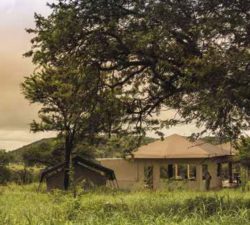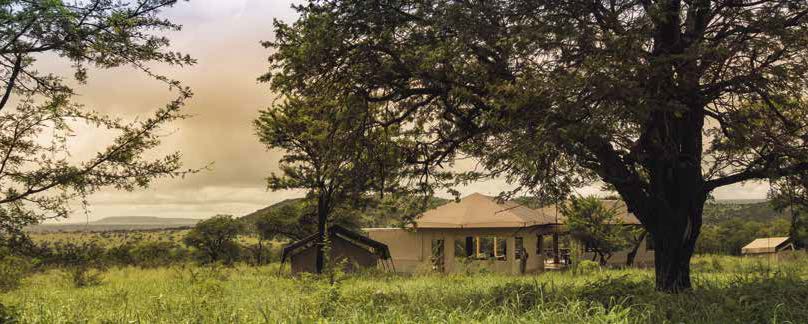A former investment banker in Europe tells how he set up Asilia Africa in the Serengeti, a ‘live’ experiment in developing a sustainable tourist business which has empowered the local community.
Each year, deep in the Serengeti National Park, hordes of wildebeest, zebra and gazelles race for survival across the vast plains of eastern Africa. This“ great migration ”is one of nature’s most spectacular, but brutal, shows: a quarter of a million wildebeest perish every time, left to rot in the sun from starvation, thirst and exhaustion or torn apart by the big cats and crocodiles that lie in wait for easy prey in tall grass and murky river beds. In this live run of the survival of the fittest, only the most resourceful and resilient migrating herds make it out stronger.
As vicious as it is majestic, the great migration is the mesmerising jewel in the crown of Africa’s safari industry. Visitors flock from around the world to witness the natural epic unfold at Asilia…


